15 Mortgage Mistakes You Can't Afford to Make
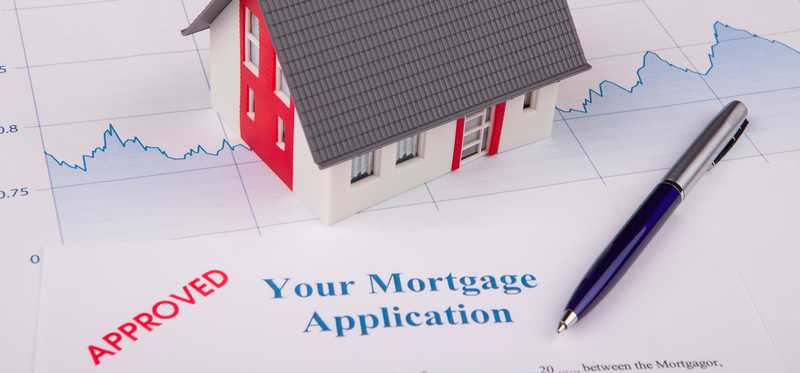
15 Mortgage Mistakes You Can't Afford to Make
Mortgage errors can damage your finances
Few financial decisions have as big of an impact as the choices you make about your mortgage loan.
If you're committing to borrow a few hundred thousand dollars for 30 years, you can't afford to make big mistakes when doing it.
The good news is, it's easy to avoid common errors if you know about them in advance. These 15 mistakes are ones made by many homeowners -- but you don't have to be one of them.
Our credit card expert uses this card, and it could earn you $1,148 (seriously)
As long as you pay them off each month, credit cards are a no-brainer for savvy Americans. They protect against fraud far better than debit cards, help raise your credit score, and can put hundreds (or thousands!) of dollars in rewards back in your pocket each year.
But with so many cards out there, you need to choose wisely. This top-rated card offers the ability to pay 0% interest on purchases until late 2021, has some of the most generous cash back rewards we’ve ever seen (up to 5%!), and somehow still sports a $0 annual fee.
That’s why our expert – who has reviewed hundreds of cards – signed up for this one personally. Click here to get free access to our expert’s top pick.
Previous
Next
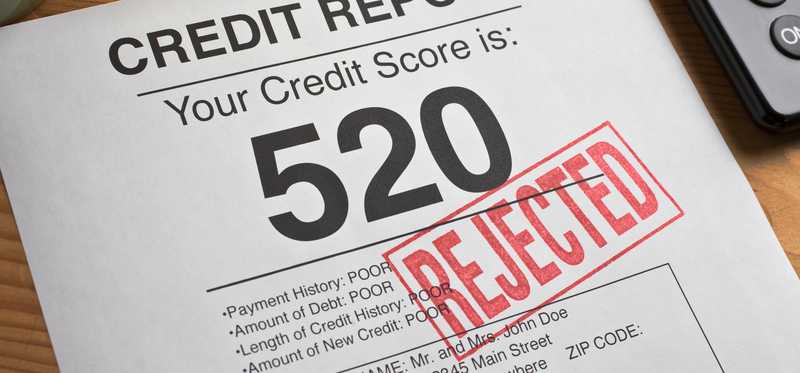
1. Applying without trying to improve your credit score first
It's certainly possible to get a mortgage loan without perfect credit. But the higher your score, the more choices you'll have for mortgage lenders and the lower the rate you'll pay.
Because improving your credit can provide such substantial savings, it's worth taking any steps you can to boost your score before you apply for a mortgage.
If you can pay down some debt, ask creditors to remove a late payment, or correct errors on your report that affect your score, your efforts will likely be well worth it.
Previous
Next

2. Applying for other loans shortly before borrowing for a home
If you're thinking about borrowing for a car or opening a new credit card, put a pause on those plans until after you apply for a home loan. Applying for new credit can reduce your credit score and thus raise your mortgage rates.
It also raises your debt-to-income ratio if you take out the new loan. This can make your mortgage more expensive as well, since lenders prefer you to have low debt relative to income.
It's well worth waiting a few months until after you've purchased your home to take care of these other financial tasks, and not doing so could be a costly error.
Previous
Next

3. Doing a career switch before borrowing
If you're tired of your current job or are offered a new opportunity, you may want to think twice before making a career switch if you'll be applying for a new mortgage.
Lenders like to see that your income has been stable. A job change shortly before you apply for a home loan could make it more difficult for you to get approved. Since you'll be seen as a higher-risk borrower, you could also end up paying a higher rate.
This is less of a problem if you're switching jobs within your same field, especially if you get a promotion. But it can still be an issue. And changing to a different field or leaving to start your own business could be a deal breaker, so wait to do these things until you're in your new home.
Previous
Next

4. Neglecting to shop around
When you're making any major financial commitment, it pays to comparison shop and explore all your options before you act.
This is especially true if you're applying for a mortgage, as even a slight difference in the interest rate could make a huge impact on total loan costs.
The more quotes you get from different lenders, the better your chance of finding the best mortgage with the lowest total costs overall, so start shopping around early and get at least three to five quotes -- and more, if you can. Not doing so could be a costly error.
Our credit card expert uses this card, and it could earn you $1,148 (seriously)
As long as you pay them off each month, credit cards are a no-brainer for savvy Americans. They protect against fraud far better than debit cards, help raise your credit score, and can put hundreds (or thousands!) of dollars in rewards back in your pocket each year.
But with so many cards out there, you need to choose wisely. This top-rated card offers the ability to pay 0% interest on purchases until late 2021, has some of the most generous cash back rewards we’ve ever seen (up to 5%!), and somehow still sports a $0 annual fee.
That’s why our expert – who has reviewed hundreds of cards – signed up for this one personally. Click here to get free access to our expert’s top pick.
Previous
Next
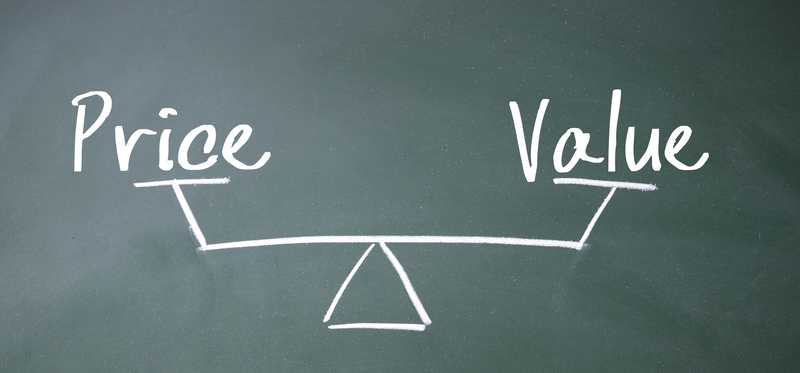
5. Doing a faulty comparison of loan options
Comparing mortgage loan quotes isn't as simple as just taking a quick glance at which lender offers the best rate.
That's because there are so many factors that affect your total borrowing costs. For example, you might be offered a low rate by one lender but the rate will be adjustable, so it's a risky loan. Or one lender's rate may appear lower, but that could be because they are charging you "points," or up-front fees to buy down the rate.
Whenever you are comparing loans, it's critical you look at all the details including monthly payment, total loan cost, loan repayment time, and whether your rate can change. If the details aren't the same, get a different quote that matches up so you can do a fair comparison.
ALSO READ: How Much Money Could You Lose by Not Shopping Around for Mortgage Rates?
Previous
Next

6. Misunderstanding how your loan works
You're making a huge financial commitment with your mortgage so you need to understand every detail about how your loan works. This means knowing all the costs you'll incur, whether they can change, and when your loan will be paid in full.
If you have any questions about any aspect of your loan, ask your lender. Lenders also must provide you with detailed cost information before you commit to borrow, so review it carefully.
ALSO READ: Closing Disclosure: What It Is, How It Works, and How to Read One
Previous
Next

7. Increasing your housing payment without a test run
If your mortgage loan is going to cause your monthly housing payments to increase, you'll want to make absolutely sure the new payment is comfortable for you. To do that, it's a good idea to complete a test run.
Basically, this involves making your higher monthly payment for a few months before committing to a mortgage.
Say you're currently paying $1,000 a month for housing and will be bumping your payments up to $1,300 after moving to your new home. Keep paying your current costs, but put another $300 into savings.
You'll quickly find out if those added monthly payments are comfortable or not. If they aren't, you'll want to scale down your expectations on how much you can borrow before you make a big commitment to a lender.
Previous
Next

8. Stretching to buy a house you can’t afford
A big, fancy house may seem like the American Dream, but it can turn into a nightmare if you commit yourself to paying for a home you really can't quite afford.
Most experts advise keeping housing costs below 30% of income. If you're even considering borrowing more to buy a house, then take the time to understand the opportunity costs of that choice.
Chances are good that you'll find making yourself "house poor" is going to have a detrimental impact on other important goals you want to accomplish.
Previous
Next

9. Skimping on your down payment
If you're eager to get into a new house, you may not want to wait until you've saved up a hefty down payment.
But having less than 20% down limits your mortgage loan options and typically means you'll increase your monthly payment as a result of mortgage insurance costs.
ALSO READ: Is Private Mortgage Insurance Worth Paying in 2021?
Previous
Next
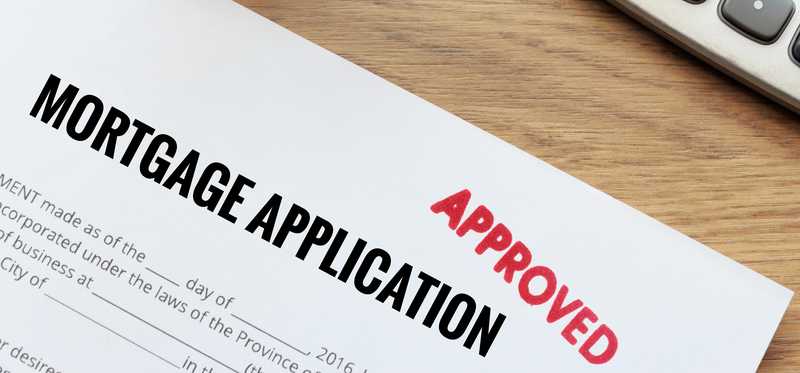
10. Providing inaccurate information on your loan application
When you apply for a home loan, you need to provide tons of financial details. If you make a mistake or purposefully provide any inaccurate information about your finances, this can have serious consequences.
The bank usually verifies your financial information, and if it discovers errors then it may deny your application. And lying on a loan application can be a criminal offense.
In some cases, you may have mortgage brokers that encourage you to be misleading. While this is rare now, it was more common prior to the 2008 financial crisis. If you find yourself with a broker that encourages anything less than perfect honesty, find someone else to help you get a loan.
Our credit card expert uses this card, and it could earn you $1,148 (seriously)
As long as you pay them off each month, credit cards are a no-brainer for savvy Americans. They protect against fraud far better than debit cards, help raise your credit score, and can put hundreds (or thousands!) of dollars in rewards back in your pocket each year.
But with so many cards out there, you need to choose wisely. This top-rated card offers the ability to pay 0% interest on purchases until late 2021, has some of the most generous cash back rewards we’ve ever seen (up to 5%!), and somehow still sports a $0 annual fee.
That’s why our expert – who has reviewed hundreds of cards – signed up for this one personally. Click here to get free access to our expert’s top pick.
Previous
Next

11. Ignoring up-front fees
There are a lot of costs you'll have to pay when you borrow. These could include loan origination fees or application fees. You need to compare how much these fees add up to because some lenders charge much more than others.
A loan with a high up-front fee may be worth taking out if the other terms are great (say, for example, it provides a much lower interest rate). But you shouldn't just focus on interest without taking these other costs into account.
You'll also need to be ready to pay these up-front fees when you close on your home loan, which can mean coming up with thousands of dollars.
Previous
Next

12. Failing to consider payment timeline trade-offs
Most lenders offer mortgage loans with multiple different payoff timelines. For example, some home loans are paid off over 30 years, while others take just 15 years to pay off.
Many people opt for the 30-year loan by default because it's common and it makes payments more affordable each month. But it's actually much more expensive than its shorter counterparts due to the long payoff time.
Take a look at a few different mortgage loan terms and weigh your options so you can decide which truly makes the most sense given your financial picture.
Previous
Next
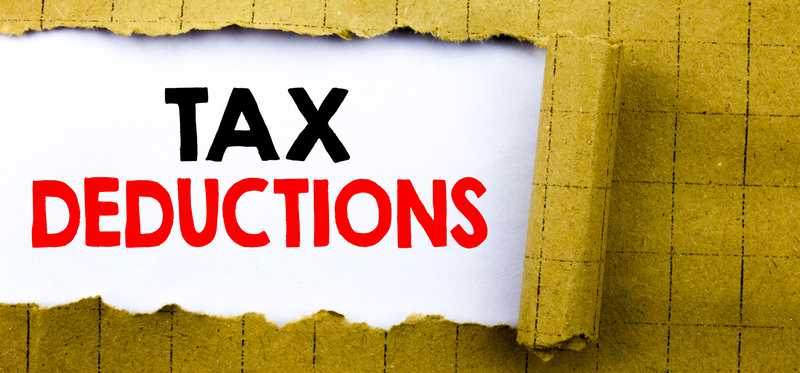
13. Assuming mortgage interest is always tax-deductible
Most people have heard that mortgage interest is tax-deductible, and this can serve as a justification for borrowing more since the government is subsidizing your home purchase.
But not everyone can deduct mortgage interest. If you don't itemize, then you won't be able to. And if you take out a new home loan for more than $750,000, you won't be able to deduct the full amount of interest.
Don't assume that tax savings will always be available to you, unless you understand the rules and evaluate whether itemizing makes sense for you.
Previous
Next
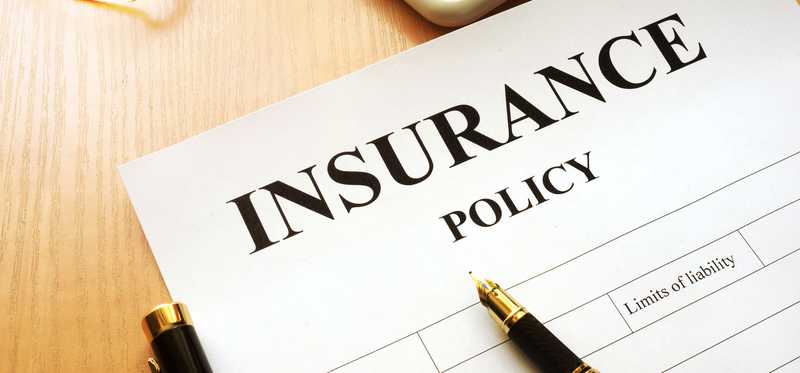
14. Forgetting about other costs
Your mortgage principal and interest aren't the only payments you'll owe. You also have to pay for home insurance and taxes. Most often, lenders require you to make a monthly payment toward these as part of your home loan. But if your lender doesn't require this, then you'll have to save for these huge annual costs.
You'll also have to pay utilities, home repairs, and maintenance fees. Forgetting these other homeownership costs could be a big mistake if your mortgage appears affordable without them -- but your actual homeownership costs would bust your budget.
Previous
Next
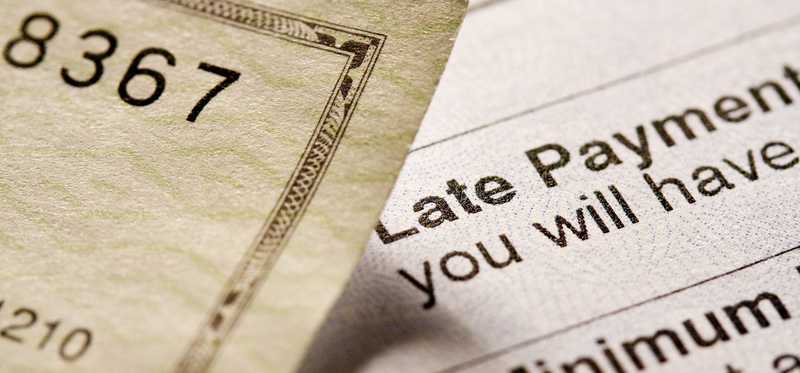
15. Making late payments
Finally, it's critical to avoid one of the biggest mortgage mistakes that you could make after getting approved: missing a payment.
Late mortgage payments can be detrimental to your credit score and can result in high fees. If you miss too many, losing your home is a real possibility.
Ideally, set up your home loan for autopay so you don't have to worry about this happening to you.
Our credit card expert uses this card, and it could earn you $1,148 (seriously)
As long as you pay them off each month, credit cards are a no-brainer for savvy Americans. They protect against fraud far better than debit cards, help raise your credit score, and can put hundreds (or thousands!) of dollars in rewards back in your pocket each year.
But with so many cards out there, you need to choose wisely. This top-rated card offers the ability to pay 0% interest on purchases until late 2021, has some of the most generous cash back rewards we’ve ever seen (up to 5%!), and somehow still sports a $0 annual fee.
That’s why our expert – who has reviewed hundreds of cards – signed up for this one personally. Click here to get free access to our expert’s top pick.
Previous
Next

Make sure to avoid these mortgage mistakes
These mortgage mistakes could be damaging to your financial stability for a long time to come. Make sure you do everything you can to avoid making them so you don't regret the decisions you made when you borrowed to buy your home.
Previous
Next
Invest Smarter with The Motley Fool
Join Over Half a Million Premium Members Receiving…
- New Stock Picks Each Month
- Detailed Analysis of Companies
- Model Portfolios
- Live Streaming During Market Hours
- And Much More
READ MORE
HOW THE MOTLEY FOOL CAN HELP YOU
-
Premium Investing Guidance
Market beating stocks from our award-winning service
-
The Daily Upside Newsletter
Investment news and high-quality insights delivered straight to your inbox
-
Get Started Investing
You can do it. Successful investing in just a few steps
-
Win at Retirement
Secrets and strategies for the post-work life you want.
-
Find a Broker
Find the right brokerage account for you.
-
Listen to our Podcasts
Hear our experts take on stocks, the market, and how to invest.
Premium Investing Services
Invest better with The Motley Fool. Get stock recommendations, portfolio guidance, and more from The Motley Fool's premium services.